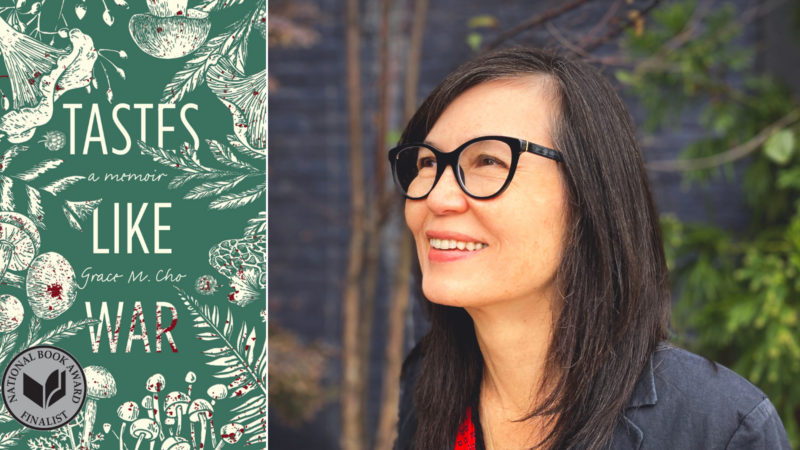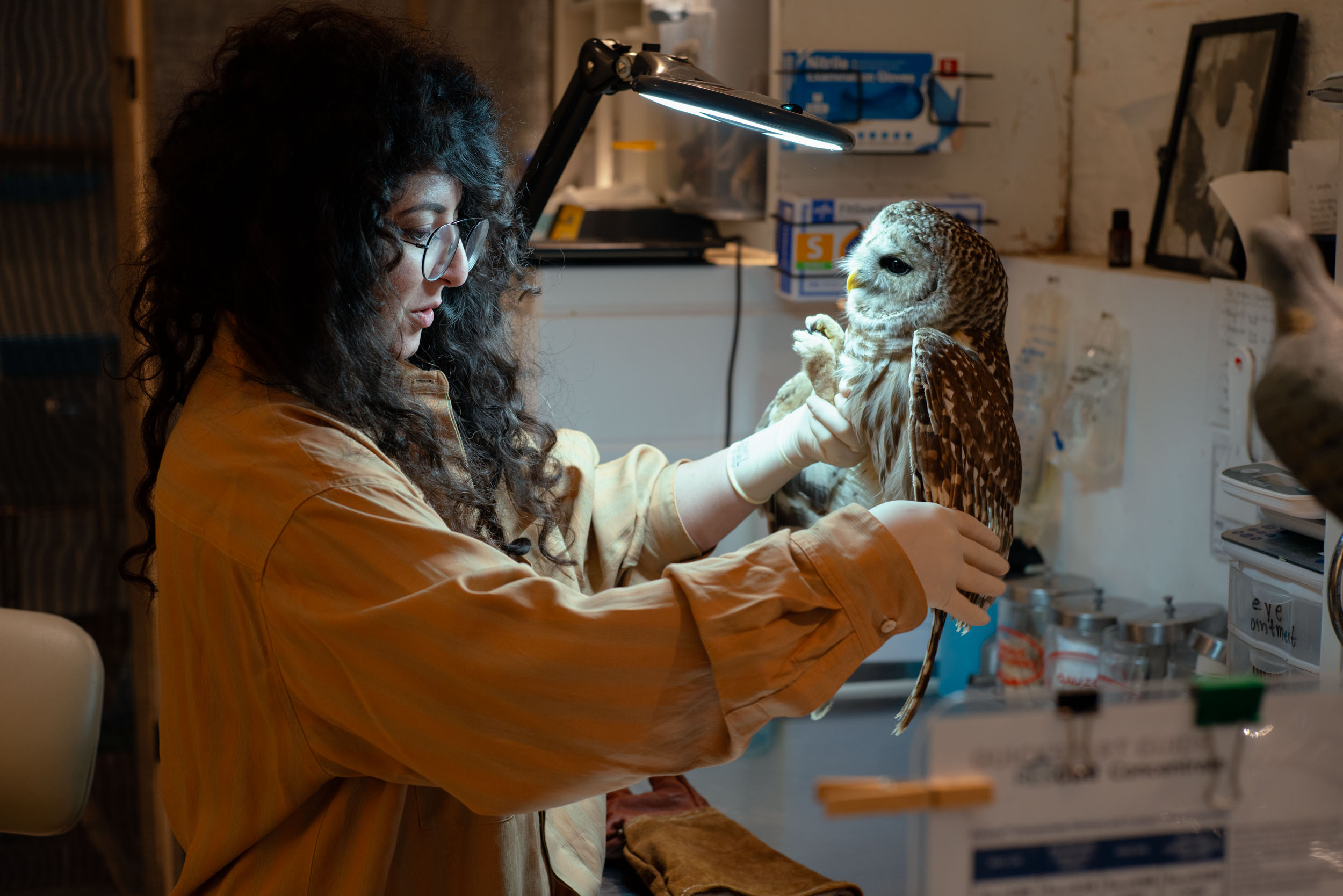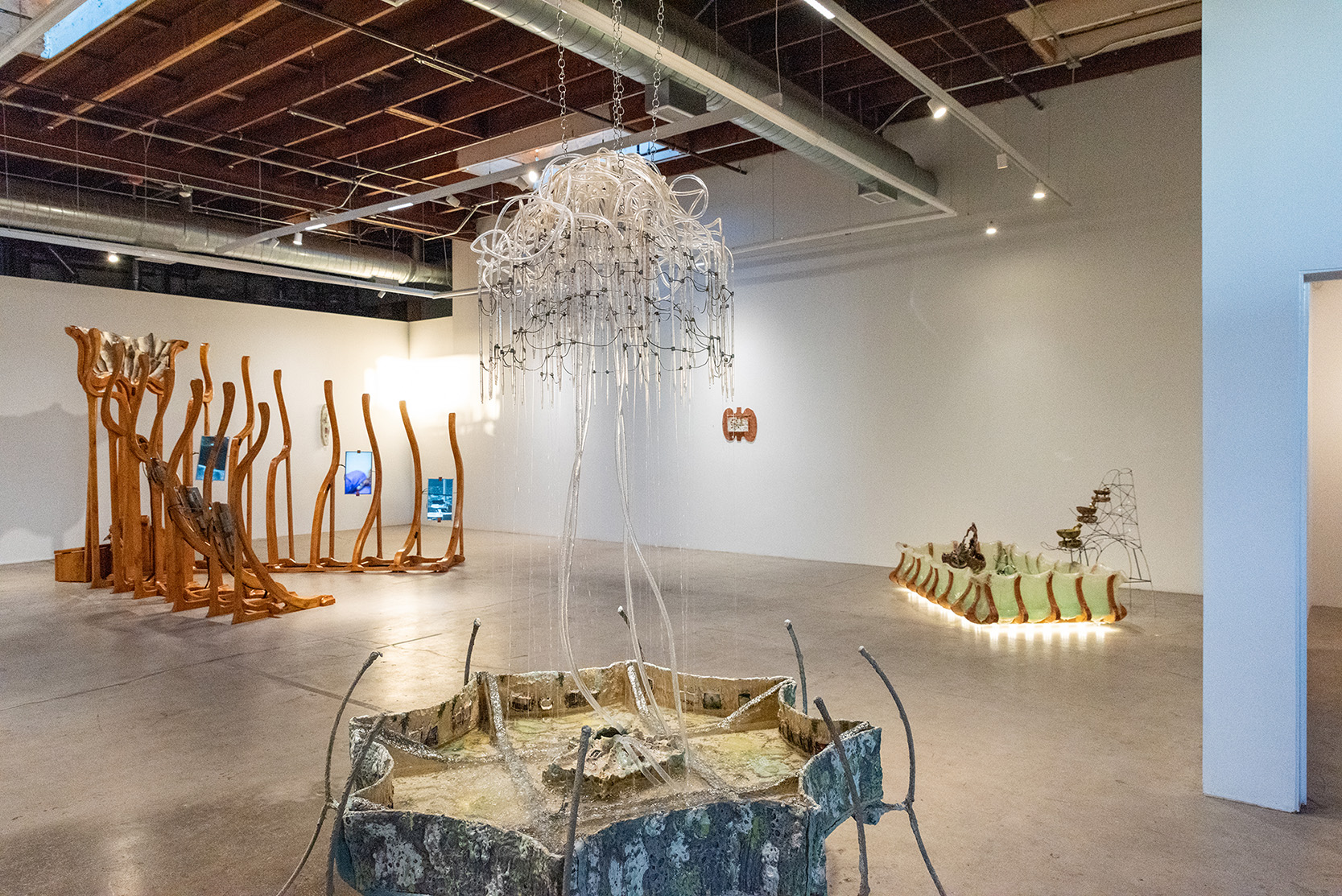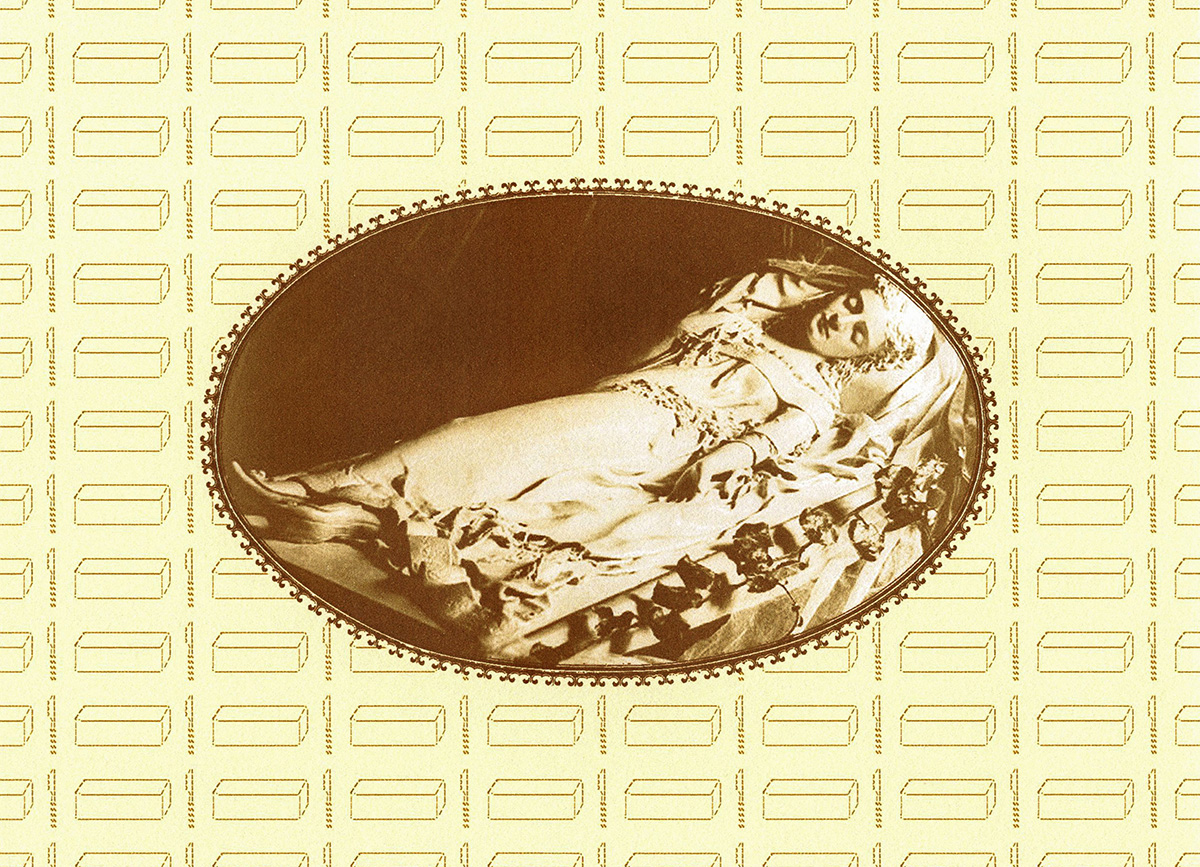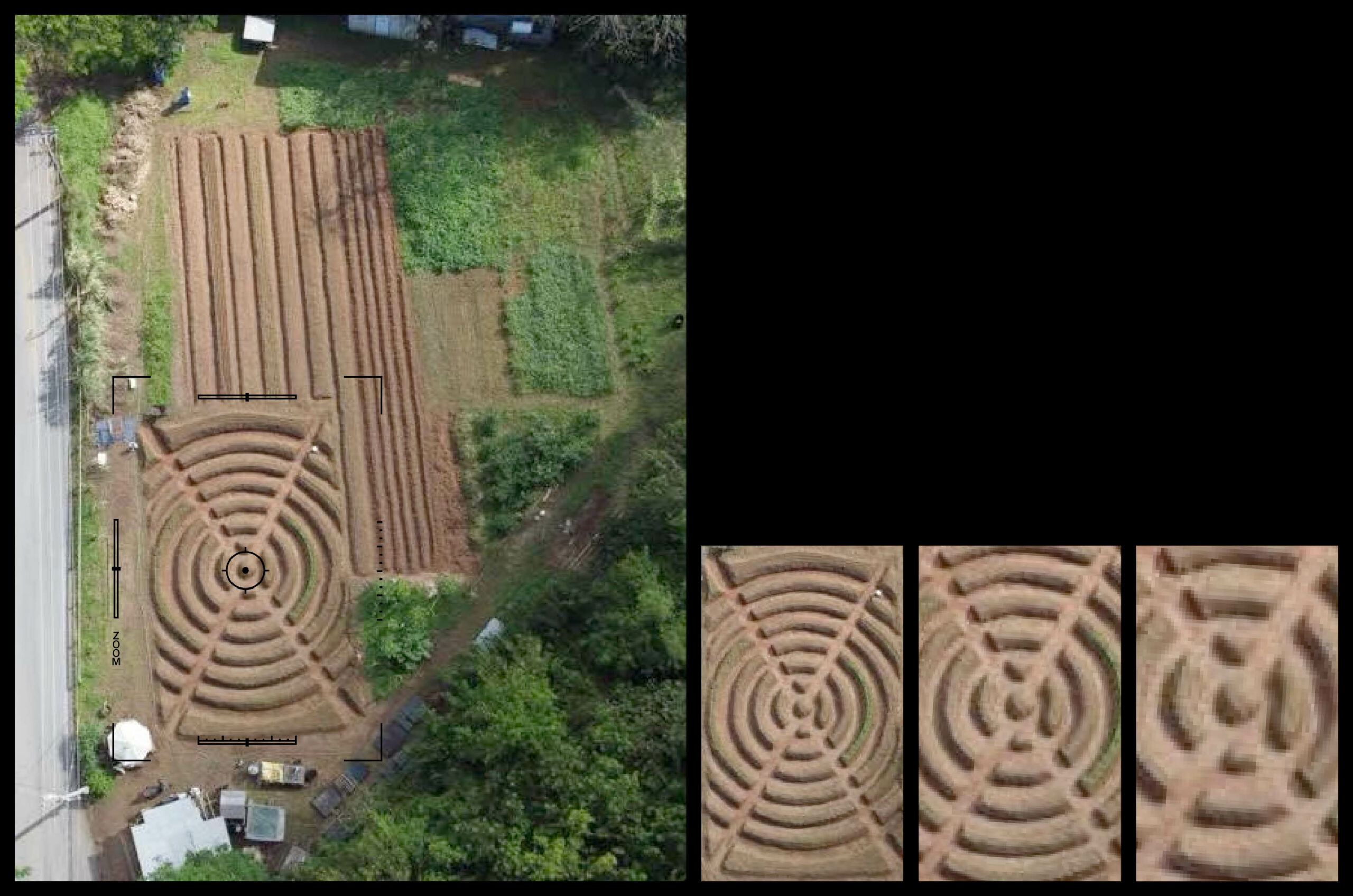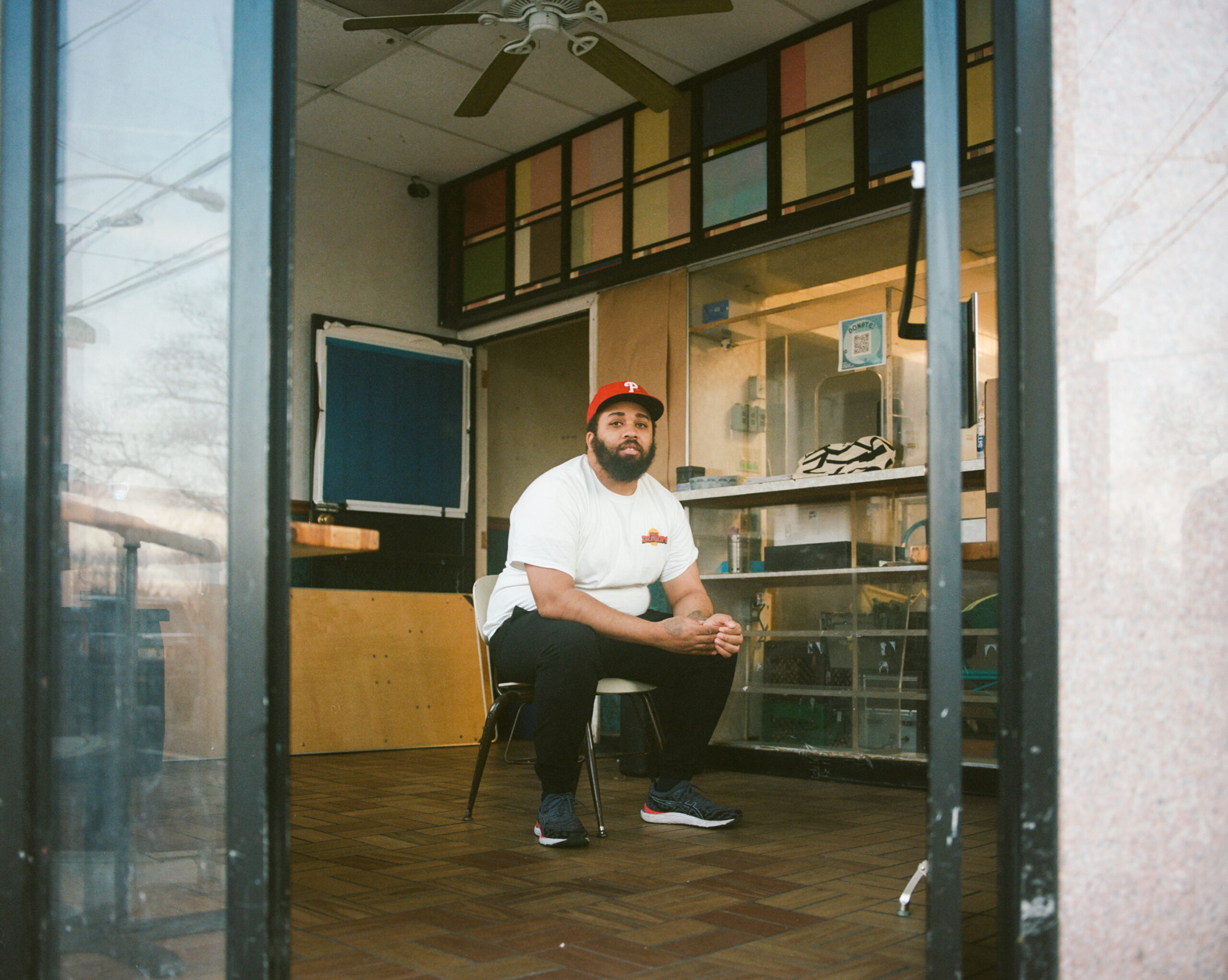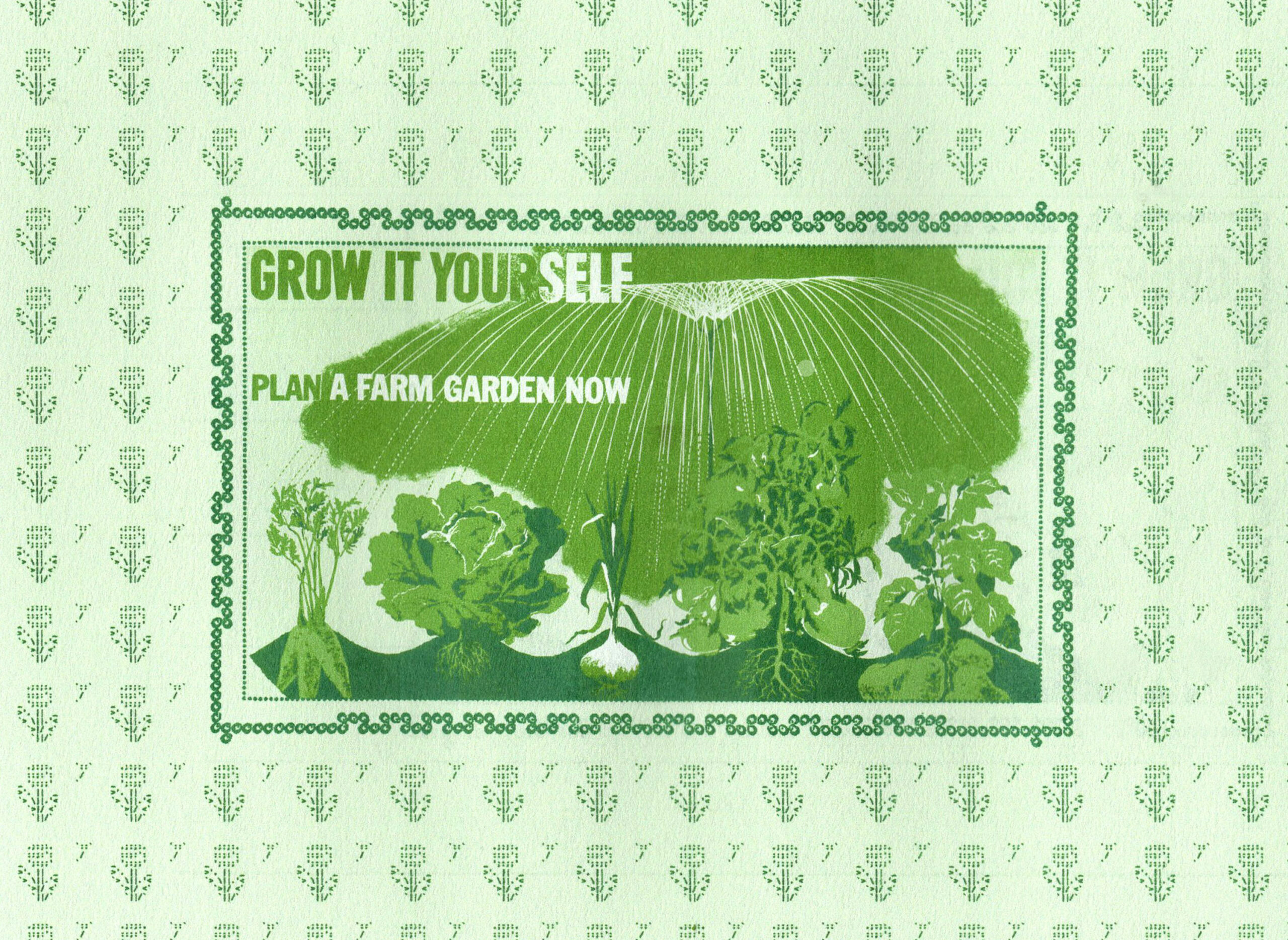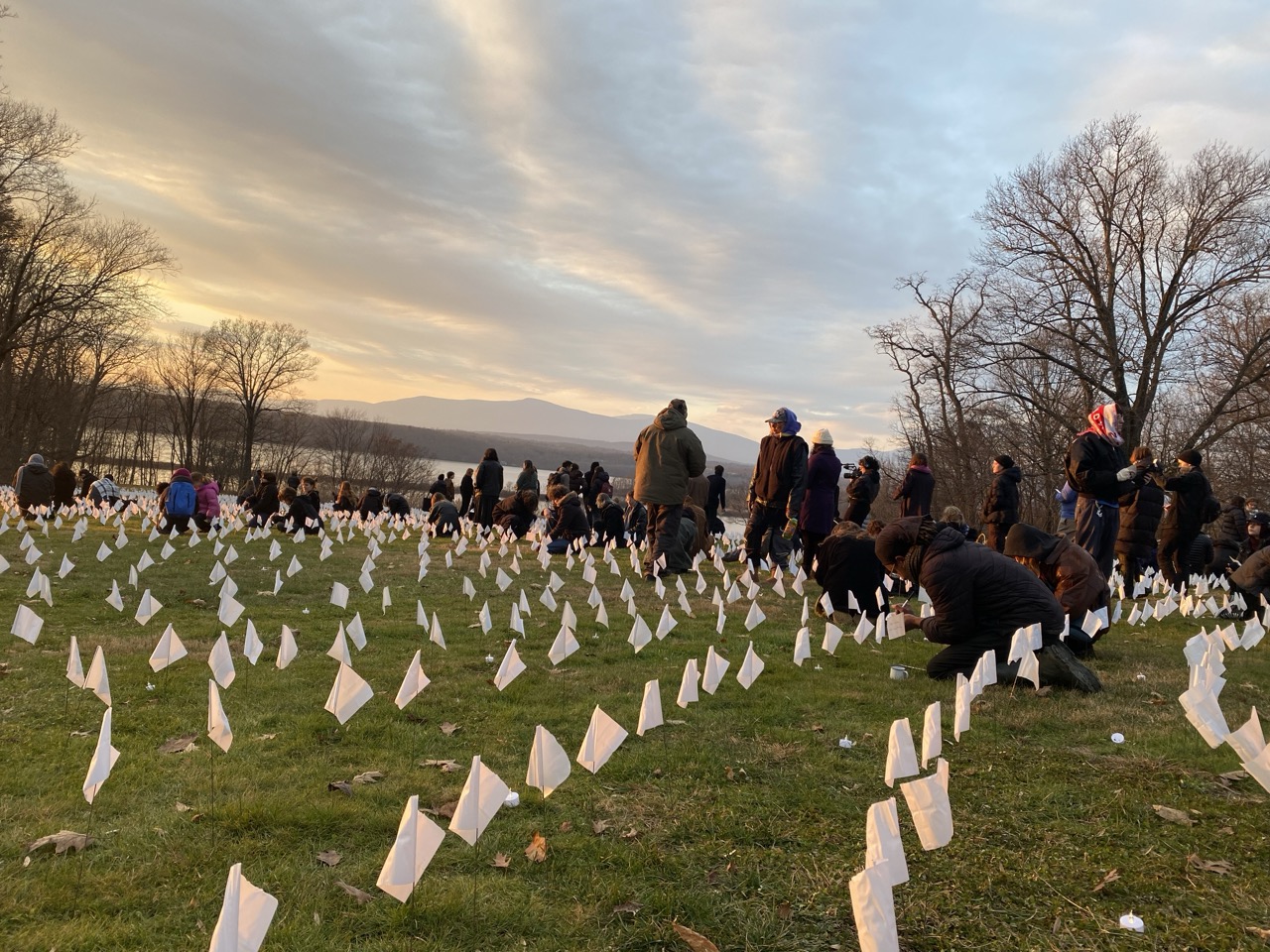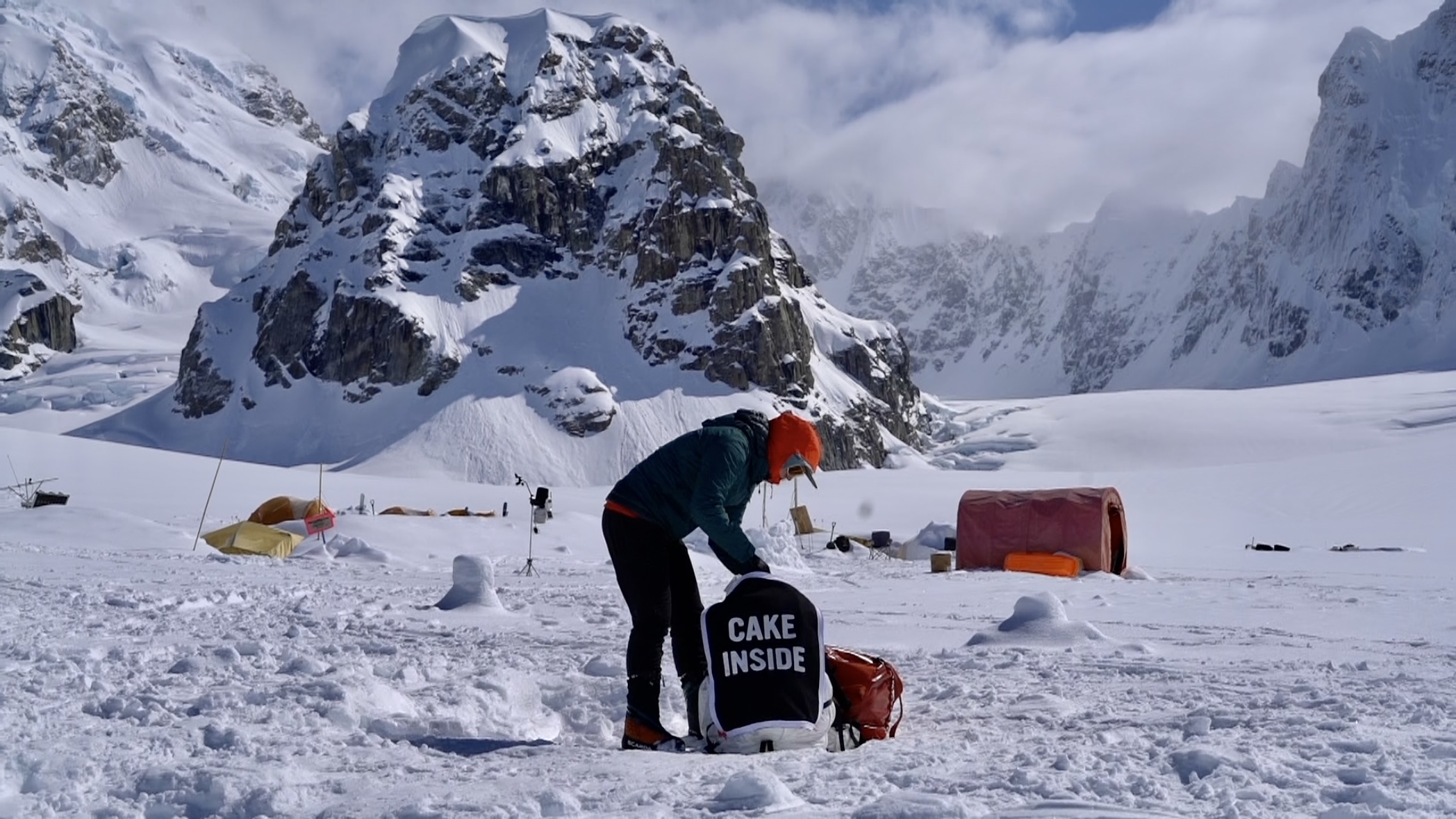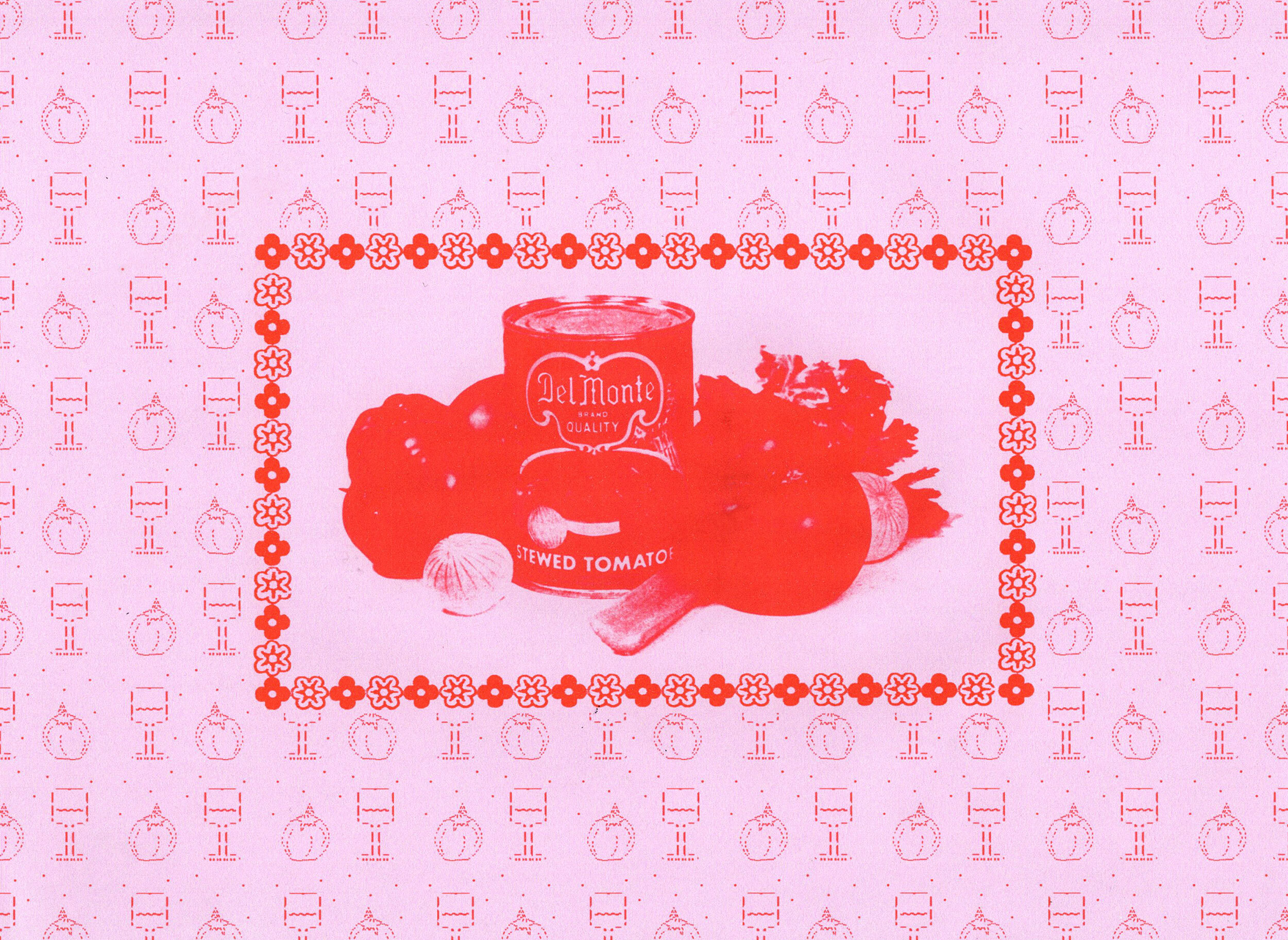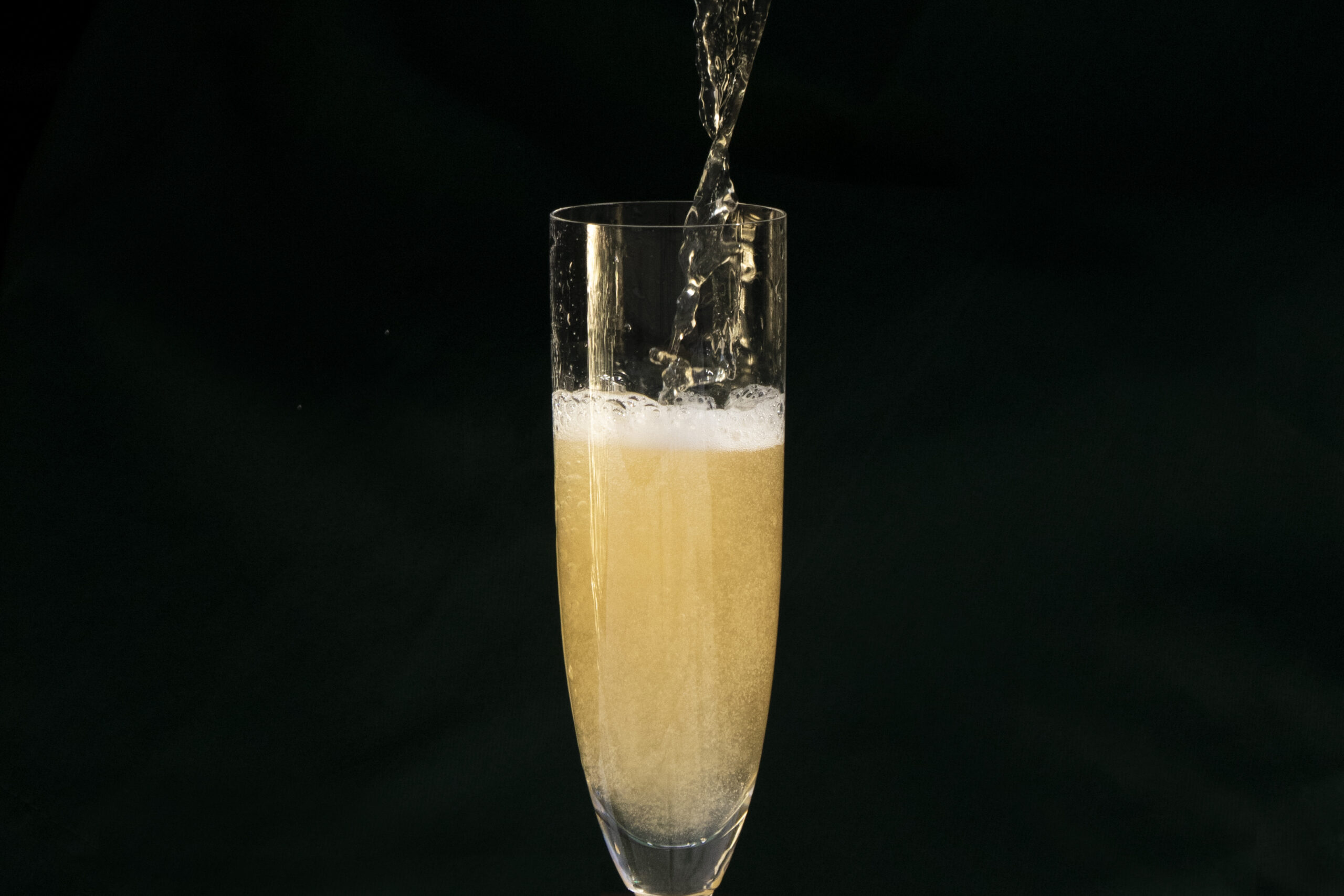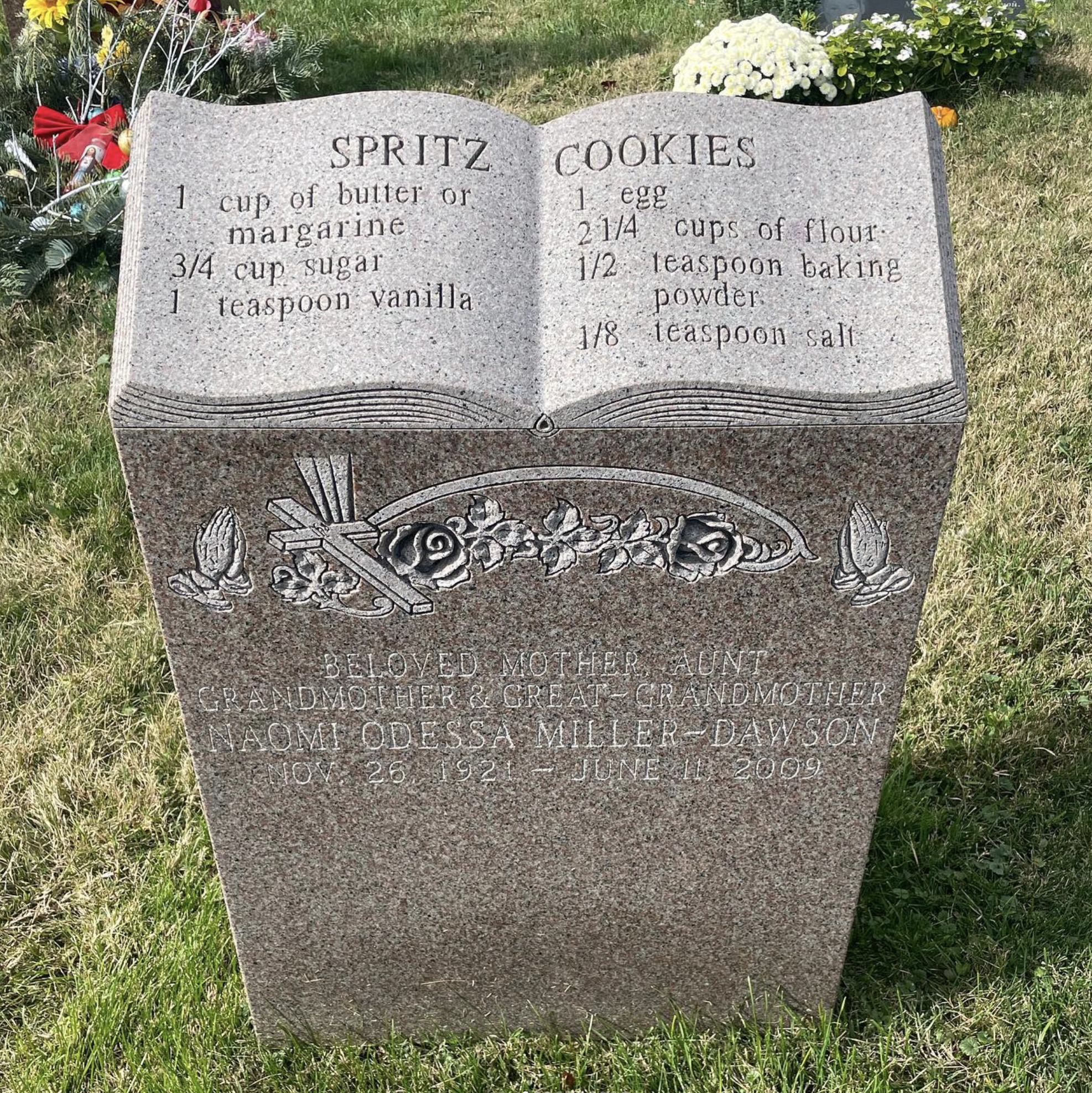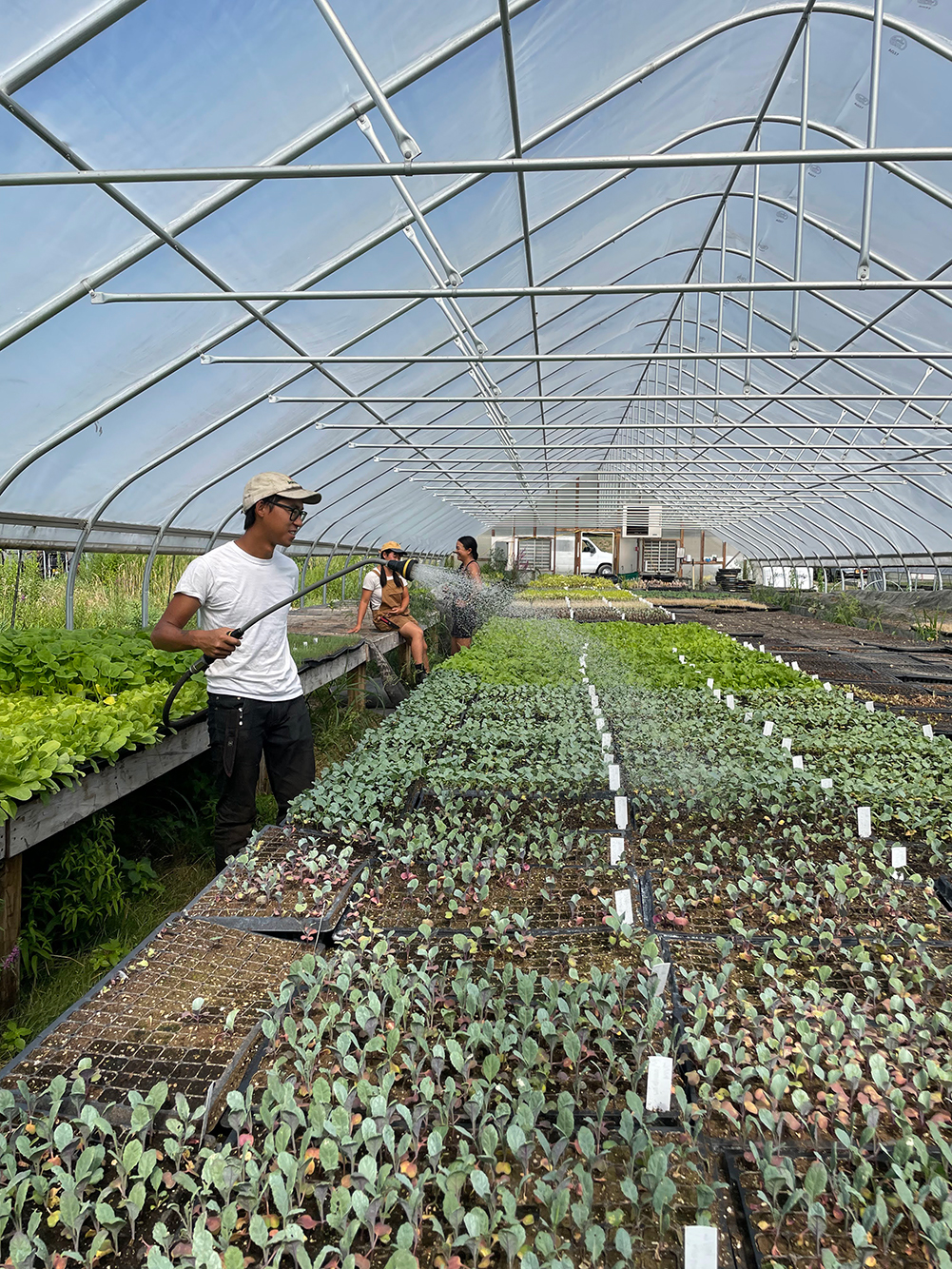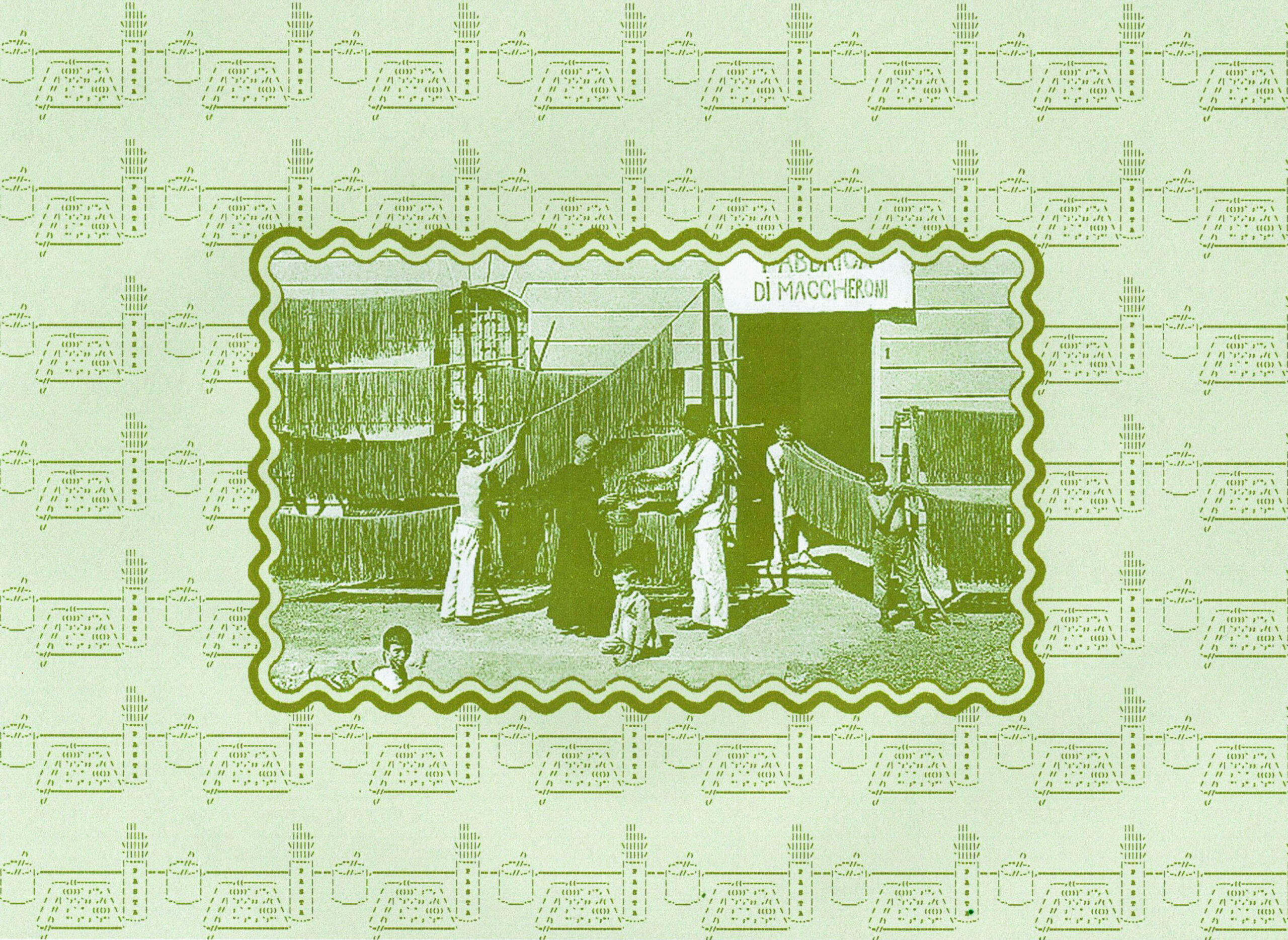Without food, we die. This singular condition for survival has motivated all conflict in human history, each determining who takes ownership over the land on which food can grow. The Korean War was no exception. When some million Koreans dared to claim the right to their land, Western imperialists pledged to punish those who defied them and reward those who did not. So, the North starves, emaciated by the economic sanctions imposed by the West, while the South is force-fed an American style smorgasbord. It was my grandparents’ generation that suffered the war; my parents’ generation that was born into a divided Korea; and my generation that must reunite our once self-sustaining, one nation1.
Part of that reunification work lies in memory—to remember what used to be in order to imagine what can be, and Grace M. Cho has spent a chunk of her life bearing that responsibility. In her second book, Tastes Like War: A Memoir, she unravels the effects of trauma on the Korean diaspora, digesting her mother’s own schizophrenia through gustatory memories. Earlier in March, the professor of sociology-anthropology at the CUNY Graduate Center, award-winning writer, chef, and mother spoke with me about food’s role in memory, trauma, and healing.
This interview has been edited and condensed.
- 1. Life During Wartime, Ju-Hyun Park, The New Inquiry, 2020.
Jamie Tyberg:
Your mother’s story in this book is really one of self-determination, with food being at the core of it. It’s not unlike other stories of Korean revolutionaries, for example, the Donghak rebellion of 18942, which was very much about land and livelihood as all revolutions are. I wanted to know if you were conscious of this legacy as you were writing this?
- 2. The Donghak Peasant Rebellion: A Bloody Chapter in Jeolla History, Gwangju News, 2022.
Grace M. Cho:
I was not conscious of it, but I’m intrigued by the question because I think you’re pointing to how food is so central to life and all the struggles that life entails. The genre of food writing is so often considered fluffy or frivolous and just falls into the category of entertainment rather than some kind of substantive political or social critique. But I guess what was in my mind [as I was writing Tastes Like War], because I’ve been teaching courses about the food system for several years, is this idea that food systems both in the U.S. and globally often boil down to this fight for autonomy and agency in the face of global capitalism.
Your question also made me think about my own ignorance about Donghak, because as an academic, who’s supposed to be this authority on Korea, there’s a lot that I don’t know. Early on in my career, I used to be really fearful of being called out as a fraud. But now, the older I get, the more I realize how common that feeling is—that we’re supposed to know something, but in fact, we don’t. In fact, my knowledge about Korean history is very limited. I only know this very specific sliver, primarily from 1945 at the beginning of U.S. occupation through the post-Korean war era. And that’s partly because of how academia works—we’re trained to be so specialized in our knowledge. It’s also because I grew up in the U.S. in this small town whose school curriculum was Eurocentric. I didn’t know anything about Korean history until I got to grad school. And then once I started to study it, I began to theorize about how as the diaspora of the forgotten war, we live under conditions of what I call enforced forgetting. So Korean Americans are not supposed to know much about our histories because so much of the national fiction of both the U.S. and South Korea is based on that forgetting.
JT:
While reading Tastes Like War I wondered what sort of life your mother would have had if she had access to that education and the support to pursue her dreams in the same way that young girls were doing for their brothers, as you write in your book. What other lives have you imagined for her?
GC:
It’s a question that really brings up a lot of melancholy for me because I often do these thought experiments about what could have been had she had opportunities or had she not experienced so many different levels of violence that then led to her madness. The first one I often think of is this image I have of her during my early childhood, as someone who was really glamorous and beautiful, whenever she walked into a room, she just commanded the attention of every person in that room. And so I often imagined her as a singer or a movie star because she loved to sing.
But then, as I wrote in Tastes Like War, there was this moment during my childhood when she revealed to me that actually her dream was not to be a singer, but it was to become a scholar. And so I became very aware of how my own life as a scholar was a way of helping her live out that dream vicariously. And I’ve never really imagined what she would study if she had become a scholar herself, but I know that she wanted to learn things and she was really smart and capable. And so because of her charisma, I can see her as a teacher.
And then, there is a scenario in which she became a healer, because I think about her capacity to map out the forest in my small hometown in Washington state and find the most nutritious foods that the wilderness had to offer. And some of it is inherited knowledge from Korean culture, but her ability to put that knowledge into practice was really uncanny. How quickly she learned it.
JT:
Yeah. I mean, healing is such a big part of whatever political work that we do.
GC:
Definitely. And a lot of what I try to communicate through Tastes Like War is how we need to come up with alternatives to the “care” that the state promotes. So doing it at the community level and using these traditional practices is one alternative to our conventional notions of health care that can actually fight the injustices that are always being brought upon us.
JT:
One detail that was astounding to me in the book was the age at which your mother’s sister died of stomach cancer. She was only 26 years old. My father also passed from stomach cancer, though in his forties, which is still pretty young. And I always felt that his surviving the Gwangju Uprising when he was young in his twenties, as well as the IMF crisis as an adult, had something to do with that. I think such traumatic events can really damage your organs permanently. Your book was very validating in my pursuit of tracing that connection between his cancer and imperialism or the impact of imperialism on your body. I wanted to know if you’ve come across any more research in that area related to this since writing the book.
GC:
Well, first I want to say, I’m sorry to hear about your father, because it’s so difficult to lose a parent at that young age. I mean at any time, but especially when you are young and when the parent is young. I have not done any research specifically looking at the links between cancer and imperialism. But what I want to say is that the research on schizophrenia and the social that I used for the book can be applied to other ailments. So if we know that things like immigration, poverty, war, and being a person of color in a white neighborhood all raise the risk of going mad, then it stands to reason that these kinds of violence also put us at risk for other conditions. So the question that we should be asking is what is the relationship between violence and illness? Because it’s very well established that people who live under structural violence have shorter lifespans and are even dying earlier of so-called natural causes.
We should ask: how might a social arrangement that puts a person in harm lead to their premature death of cancer? So these are the kinds of questions I was getting at in that chapter where I question, not just my aunt’s death from stomach cancer, but my grandfather’s, who was in his fifties at the time. We think of stomach cancer as a “natural cause.” But if you factor in all of the social arrangements and the kinds of physical, symbolic and structural violence that the person has to experience, those types of violence might make one more vulnerable to cancer and other types of illness.
And certainly it stands in the way of healing from it. The other comment I wanted to make related to that is to ask why we even need social scientific research to support and document what we know instinctually. When I was in graduate school getting a PhD for sociology, I would often feel very frustrated with this expectation that everything had to be proven scientifically, things that to me seemed so obvious based on my lived experience. That need to have the search prove something that we already intuit is also part of the colonizer’s logic, that nothing can be claimed as true unless the institution says it is.
JT:
Right. And the other thing that capitalism does is separate us not only from our land, but from our bodies. Especially in America, you don’t know where your food is coming from. Whether you’re ordering delivery or buying things from the grocery store, there is no connection from production to consumption.
GC:
Right. And we’re conditioned to not know and conditioned to not even be curious about where the food comes from because our eating practice in industrialized, modern life is really one of unconscious eating. It’s just fuel that we use to then produce more for this capitalist machine.
Another thing about stomach cancer is that when I first started researching it, I spoke with a couple of doctors about it who said, “It’s very common among Koreans and it’s linked to the diet, and for Korean-Americans, the incidence of stomach cancer is the same as it is for the general population.” Something along those lines. And then a few years ago I learned that actually one of the characters in the book, one of the Korean adoptees, had died of stomach cancer at the age of 41.
JT:
Wow.
GC:
And she grew up in the United States, and she ate that bland, white bread diet that other people in my hometown ate aside from the kimchi that my mom made her. So it wasn’t the diet. So, that really made me question the biomedical orthodoxy saying that the reason it is common among Koreans is because of something particular to the traditional diet. I don’t buy it at all. I think that it’s much more related to trauma. For a Korean adoptee who comes to the United States at the age of five and remembers her birth family, and then growing up in this small white, rural town where nobody has even heard of Korea has got to be a kind of violence that wreaks havoc on the body.
JT:
I wanted to read this line also from the final chapter, “The cheeseburger was a luxury item that the Americans could afford to throw away while Koreans starved,” because it reminded me of my visit with the Korean Womens Peasants’ Association. There, I learned about how Korea was once a self-sustaining nation with over 75% of the population being farmers or working in agriculture. People knew where their food was coming from and what they had to do to produce that. And of course, after decades of Western imperialism restructuring the economy, we end up with less than 5% of the population in the agricultural sector.
And I think about the more recent generations born into that globalized Korea. The generation that doesn’t make saengtae jjigae, as Hosu says to you in the book, that might not even know about the dish at all and how we may be inadvertently veering further from our inheritance. And being here in Korea, now that I am visiting home, I’m really able to see right now how much more and more the Southern part of the peninsula is becoming like the United States. We’re losing Korean food even in Korea now with chains like Chipotle and McDonald’s replacing our traditional diet. And in that way, for me, your book is course correction, bringing us back to us and our food and our history.
GC:
Yeah. So specifically thinking about saengtae jjigae, learning how to cook restored a broken link that I didn’t even know existed. It wasn’t as if I knew that I had to repair something, it was that learning to cook this for my mother was this restorative process on so many levels. One of which was that she gave me access to this past that I didn’t know had even been there because it was part of my grandmother’s culinary repertoire. So it was a mystery to me that I had never eaten it during my childhood. And that for some reason my mom never cooked it and she said she never craved it until that moment that she asked me for it. And she hadn’t eaten it for 40 years at that point. Learning how to cook it was a way of giving me access to the past in a way that was very visceral and embodied. Speaking of returning to our bodies through food, through cooking this dish, I was embodying my grandmother’s hands.
It was amazing to me that my mom was able to remember how to cook it by watching my grandmother. She herself had never cooked it. And the kind of knowledge she was transmitting to me was the memory of my grandmother’s hands. And so each time I prepared it, it felt like a ritual and I’ve always used it that way. I’ve never wanted to cook it too often because I don’t want to dilute the meaning of that, of having access to this past and the effect of eating it for my mom was that she was able to reconnect with her own past that she hadn’t been able to talk about for my whole lifetime. It was this way of letting the past into the present in a way that was very non-threatening and even nurturing because it was evocative of my grandmother’s cooking for her.
JT:
In your book, you said you cooked one thousand meals for your mother and you also became a pastry chef while you were getting your PhD—what was it that you called it [in the book]—anything but dissertation?
GC:
All but dissertation.
JT:
Yes. How would you compare the process of writing and cooking as artistic forms of practice?
GC:
Well, I think that cooking is much more tangible, because in the course of a couple of hours you can create this beautiful dish. Whereas with writing, you don’t have that kind of immediate gratification. Each of my books took 10 years to write, whereas with cooking, I found it much more satisfying because I could see a product very soon after beginning the process.
And I could share it with people in a way that really brought delight, nourishment and all sorts of positive things. And writing can do that as well, but it’s difficult to keep the end in mind as you’re working on the process. As I wrote in Tastes Like War, when I first learned how to cook when I was in college, it was a very grounding experience for me. It grounded me in the present and it grounded me in my body as well because there’s something about it that’s very meditative and allows me to be aware of physicality, and writing does the opposite. The kind of writing I do anyway, it’s either an exercise in excavating the past or speculating about the future. Whereas cooking is very present. However, they’re both similar in the way that they’ve both allowed me to connect to my family history and pay homage to my mother. Which I didn’t realize at first it was really through the course of doing a lot of cooking.
So after a few years of going to culinary school and doing these cooking events, I started to realize so much of my desire to cook also comes from my mother. It comes from having witnessed her negotiate the struggles in her life through her skill as a forager and as a cook that I then also want to pay homage to her by doing that very thing that she showed me how to do. But I think cooking is also a form of communication, because all of those meals that I shared with my mom were a dialogue between us about this difficult past. She’s sharing the recipes from the past and by cooking them and feeding them to her, she was then able to open up a little bit about the past. And so it creates this space for not just the two of us to talk, but for all of these other voices and histories to come in and take a seat at the table with us.
I can’t remember if I included the scene in the book about how I had written on a Mother’s Day cake to let my mom know that I became a professor.
JT:
No, you didn’t!
GC:
So going back to that idea, food became a form of communication between me and my mom. She was living with me at the time that I started culinary school for pastry. And in Tastes Like War, I write about how she rejected my cakes at the beginning. She’d just turn away, said she didn’t want to eat it. She said that someone was brainwashing me and that she was just so upset that I would neglect my studies to do something like that. Gradually, she started to eat the things that I was baking. And I would bake her a cake for every special occasion. And she came to expect it and really look forward to it. And I would cater to her tastes and develop recipes just for her.
Then it was Mother’s Day, 2004. And I went to visit her at her place in New Jersey. I brought a cake with me. And at that time I had recently been interviewed for a tenure track job. And I wanted her to learn it by reading it on the cake, because what I wrote on the cake was, “Happy mother’s Day, I got the job.” And so she asked me about how the interview went. And I was pretending like I didn’t know. I was like, “Oh, well, I don’t know if I got the job. I’ll hear back from them soon.”
And I had never seen her in that stage of her life so motherly towards me. Because that was something she’d stopped doing in my adult life. But she was really fussing over me. I had a headache, she got up off the couch and went to get me some Tylenol, which was out of character for her because usually she just sat on the couch and I was the one who got everything for her. And that was because of her illness. She wasn’t moving much.
And then when it was time for her to open the box with the cake, she actually couldn’t read it very well. But then she was making out the words. And when she got to, “I got the job,” she literally started jumping up and down, jumping for joy. And then she screamed, “My daughter is a professor.” So I even began to use food literally as a means of communication writing on the cake. But I think the cake also represented this journey that we had been on where she didn’t want me to cook because she thought that was going to move me away from her dream for me, which was to become a scholar.
JT:
What kind of cake was it?
GC:
It was a four layer lemon cake. A white cake lemon curd in between, then lemon cream cheese icing. That was the signature cake that I developed for her.
JT:
I really love that she was jumping up and down. The news made her come back to her body during this period in which she wasn’t moving.
I shared this book with my mother, but she doesn’t know English. Is it in Korean?
GC:
It’s going to be translated into Korean. I think it should be out in Korean sometime next year.
